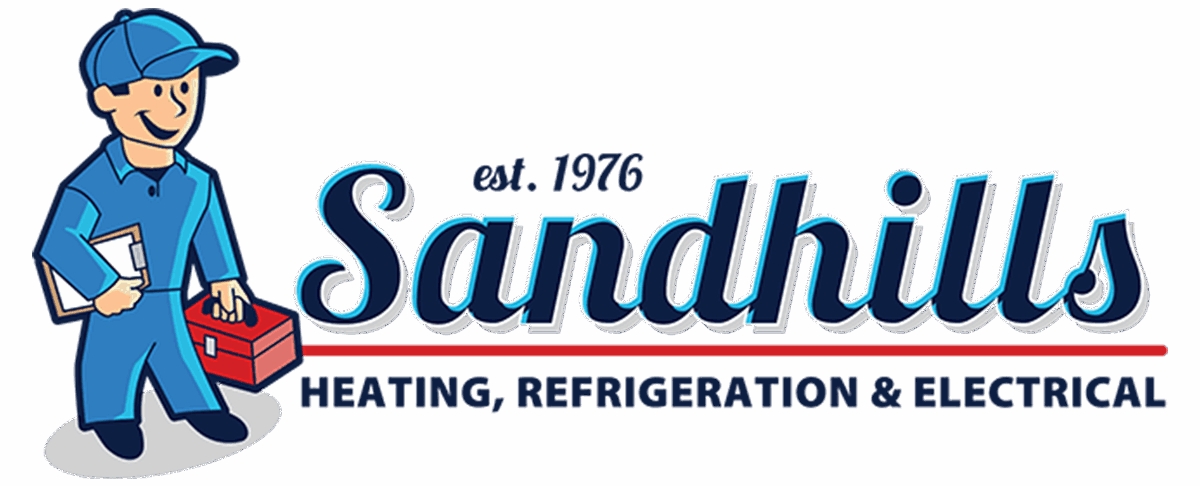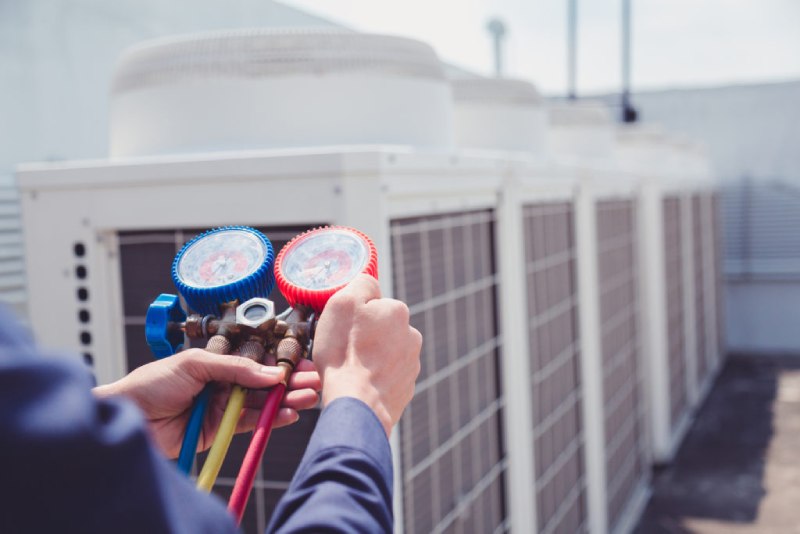Commercial heating ventilation and air conditioning systems differ from residential systems in several ways. Commercial systems must provide conditioned air to larger spaces. Components, such as condensate systems, ductwork, filters and compressors, are built for more intensive use. Many commercial establishments have flat roofs that can support rooftop installations, also called package units. Although residential rooftop systems are available, they are not as common. Here, we explain what a commercial rooftop HVAC system is and their advantages in commercial applications.
Commercial Rooftop HVAC Systems
Package rooftop systems are factory-assembled. Components are encased in a cabinet that is installed as a single unit on a flat roof. In contrast, split systems are made of two cabinets. An outside unit houses the compressor. condenser and fans, and an inside unit houses blowers, the evaporator coil, air handler and dampers.
Package units are often preferred for commercial use because they do not take up valuable interior space. They can be repaired and maintained during normal business hours without disturbing business operations. They typically use less energy because they are assembled under optimal conditions. With rooftop installations, operational noise is outside, which contributes to a quiet indoor environment.
Commercial package units are manufactured as light and larger, heavy-duty equipment. Both types can be configured to serve multiple zones. Light commercial units have capacities of up to approximately 25 tons. Ton refers to how much heat an air conditioner can remove from a space in one hour. Heavy-duty units have capacities of up to 50 tons or more. They offer superior performance and can be configured for complex interior arrangements.
Difference Between Commercial and Residential Systems
Commercial systems must support a greater load than residential systems. In commercial establishments, more people occupying rooms increases load. Office space arrangements often include large, multi-user rooms, private offices and special needs rooms. The higher capacity optimizes comfort, ensuring adequate heating and cooling of interior spaces during peak use hours. Some spaces, such as laboratories and hospital wards, require specialized or zoned ventilation systems. Finally, commercial HVAC systems require substantial electrical cabling and capacity to run, far more than a residential electrical system can support.
Sandhills Heating, Refrigeration and Electrical of Aberdeen, North Carolina, offers commercial and residential HVAC services. Our certified technicians work on all brands of heating and cooling equipment. We are a Trane Comfort Specialist, providing technological expertise and superior customer service. We often recommend Trane products because of their demonstrated efficiency and durability.
If you need to install, replace or maintain a commercial HVAC system, up to 50 tons, call the professionals at Sandhills Heating, Refrigeration and Electrical.

